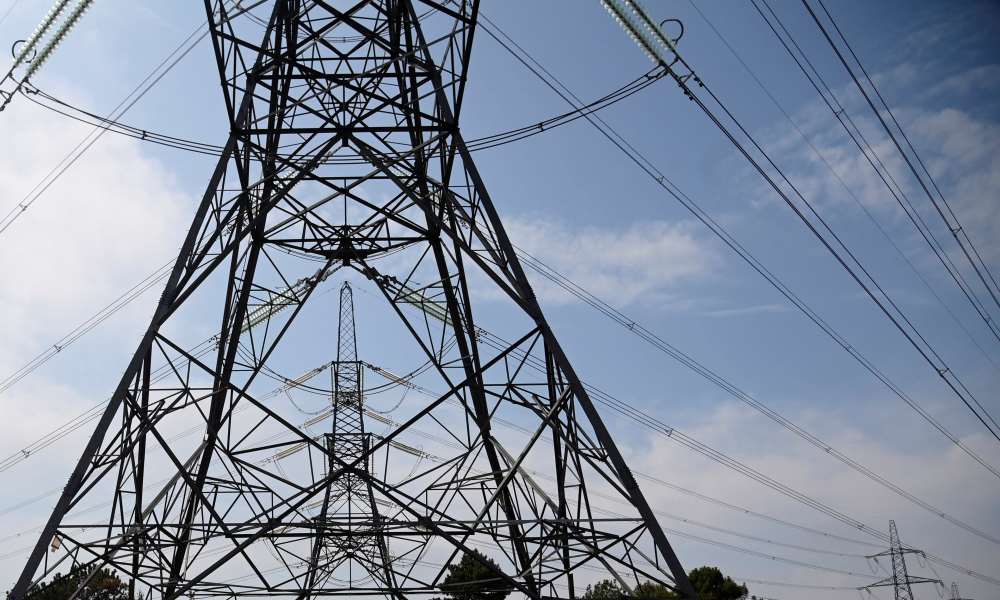UK plans to pay half of business energy bills
Struggling with decades-high inflation
Wholesale electricity and gas prices for businesses as well as charities, hospitals and schools will be capped at half the expected cost on the open market.
Britain on Wednesday unveiled a six-month plan starting in October to pay about half of energy bills for businesses, as Prime Minister Liz Truss targets the soaring cost of living.The announcement comes ahead of a mini-budget, when finance minister Kwasi Kwarteng is expected to unveil tax cuts to help a nation struggling with decades-high inflation.
Wholesale electricity and gas prices for businesses as well as charities, hospitals and schools will be capped at half the expected cost on the open market, the government said in a statement.
The scheme comes after Truss launched plans for a two-year household energy price freeze which also starts next month.
"We have stepped in to stop businesses collapsing, protect jobs and limit inflation," Kwarteng said Wednesday.
The chancellor of the exchequer's budget will seek to boost economic growth amid forecasts that Britain will this year sink into recession on sky-high energy bills fuelled by the invasion of Ukraine by major oil and gas producer Russia.
Truss took office on September 6, two days before the death of Queen Elizabeth II, after winning an election of Conservative party members on a tax-cutting platform.
Media reports suggest that the government will also scrap an EU limit on bankers' bonuses following Brexit.
And Truss is committed to scrapping planned tax hikes on both company profits and salaries that predecessor Boris Johnson had signed off.
Truss defended her tax-cutting agenda in the face of opposition from US President Joe Biden as the two prepared to meet at the UN in New York.
"I am sick and tired of trickle-down economics. It has never worked," Biden tweeted ahead of their first meeting, echoing arguments that tax cuts disproportionately benefit the wealthy.
But Truss told Sky News: "I don't accept this argument that cutting taxes is somehow unfair."
"What we know is people on higher incomes generally pay more tax. So, when you reduce taxes, there is often a disproportionate benefit because those people are paying more taxes in the first place," she said.
Economists meanwhile warn that the UK cost-of-living measures will ravage public finances already reeling from pandemic expenditure.
While official data Wednesday showed British public borrowing improved in August, it is expected to surge as the government funds the planned tax cuts. -Fin24




